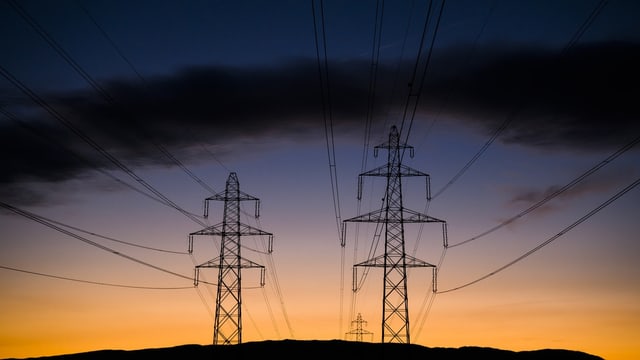Contents
In a few days, the Federal Council wants to officially start negotiations with the EU on an electricity agreement. The Council of States is already preparing for possible failure.
The Federal Council should start negotiations with the EU on an electricity agreement. This is what the Center faction is demanding in a proposal that it submitted three years ago. This means that the Federal Council is hitting an open door, as it would like to give the starting signal for negotiations with Brussels this month – including on the electricity dossier.
But the Council of States is not convinced that these will be a success. On Tuesday morning, without discussion, he decided to add the sentence to the text of the proposal that “technical agreements with the EU” should be sought if no political agreement can be reached.
Council of States launches Plan B
Daniel Fässler, Center Councilor of States from the canton of Appenzell-Innerrhoden and spokesman for the Environmental Commission, explains: “It is uncertain whether there will be an electricity agreement that Switzerland can also agree to. That’s why it’s important that negotiations also take place at the technical level.”
The national grid company Swissgrid should “consistently” try to reach agreements with its partners in the European environment in order to be able to control the flow of electricity. “Otherwise Switzerland will be flying blind,” warns Fässler.
We want an electricity agreement, so there is no need to talk about a Plan B just yet. You keep it in your back pocket.
The Council of States is already putting Plan B in place in the event that Plan A – the electricity agreement – fails. He can live with that, says Energy Minister Albert Rösti. But: “We want an electricity agreement, so we don’t have to talk about a Plan B just yet. You keep it in your back pocket. But you always need a plan B.”
“Haphazard” activities in the Council of States?
National Councilor Jürg Grossen, on the other hand, has little to gain from the Council of States’ demand for alternatives to the electricity agreement. Anything that improves relations with the EU is good. However, the president of the Green Liberals doubts that a purely technical agreement with the EU will succeed. “She wants people to look at the network, production and trade together. I have the impression that these activities in the Council of States are haphazard and will hardly be successful.”
High hurdles for negotiations are not a problem for Energy Minister Rösti. This is necessary at the beginning of negotiations, he says: “Then everything Switzerland wants must be explained. As with any negotiation, the compromise doesn’t come at the beginning, but at the end.”
GLP President Grossen, on the other hand, is skeptical as to whether negotiations with the EU can come to a successful conclusion under such circumstances: “It will be difficult. In my opinion, the Federal Council is not showing enough passion,” says the president of the party that is most vehemently committed to negotiations with the EU.
